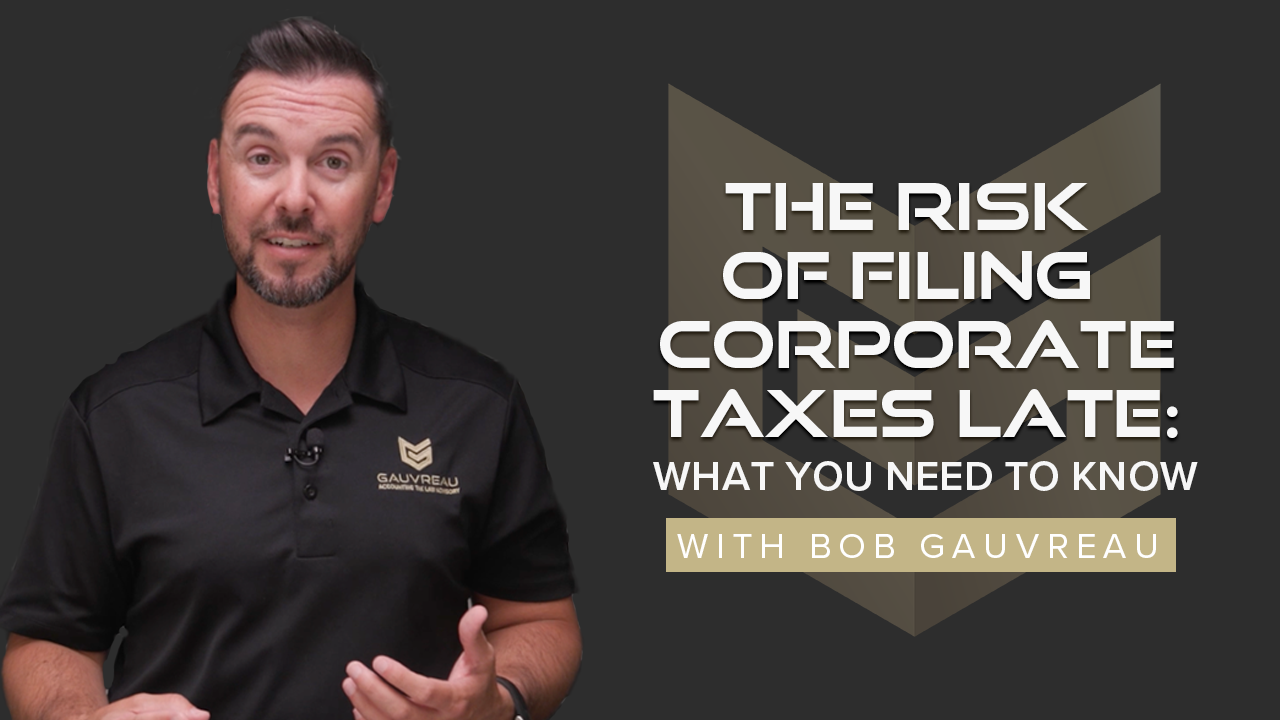The Risks of Filing Corporate Taxes Late: What You Need to Know
Filing corporate taxes on time is critical to avoid penalties and mitigate risks. But what happens if you miss the deadlines? Let’s break it...
1 min read
 Gauvreau Accounting Tax Law Advisory
Oct 29, 2024
Gauvreau Accounting Tax Law Advisory
Oct 29, 2024
For every incorporated business, a corporate year-end marks the close of a fiscal period—a 12-month window where financial reporting is due. It’s an essential checkpoint for tracking profitability, assets, liabilities, and equity. But what does this process entail, and why is selecting the right corporate year-end date beneficial?
What is a Corporate Year-End?
A corporate year-end is the end date of a 12-month period chosen by a business for financial reporting purposes. While about 45% of businesses opt for December 31st, Canadian businesses have the flexibility to select any date that best suits their operations. Choosing a date other than December 31st can be advantageous, allowing companies to streamline reporting outside of peak tax season or to better align with their business cycles.
Key Elements of a Corporate Year-End
At the corporate year-end, financial statements are prepared to outline the business’s activities over the previous 12 months. This includes:
These statements serve as a record of the company’s financial position and activities. Following their preparation, they become part of the corporate tax filing, which is remitted to the government. Timely, accurate financial reporting at year-end is crucial for compliance, tax obligations, and informed decision-making.
Why Your Corporate Year-End Matters
The corporate year-end is much more than a deadline; it’s an opportunity to assess business performance, address financial trends, and plan strategically for the year ahead. Choosing the right date and thoroughly preparing your financials not only ensures compliance but can also ease tax season stress and highlight valuable insights for growth.
Need assistance with your corporate year-end preparations? Our expert team is here to guide you through every step of financial reporting and compliance. Contact us today to ensure your business meets all year-end requirements with ease and accuracy!

Filing corporate taxes on time is critical to avoid penalties and mitigate risks. But what happens if you miss the deadlines? Let’s break it...

Business owners often ask how their corporate year-end date affects dividends and shareholder distributions. The answer lies in how and when...

Selecting the right corporate year-end date is a crucial financial decision for any incorporated business. This date will shape your tax...